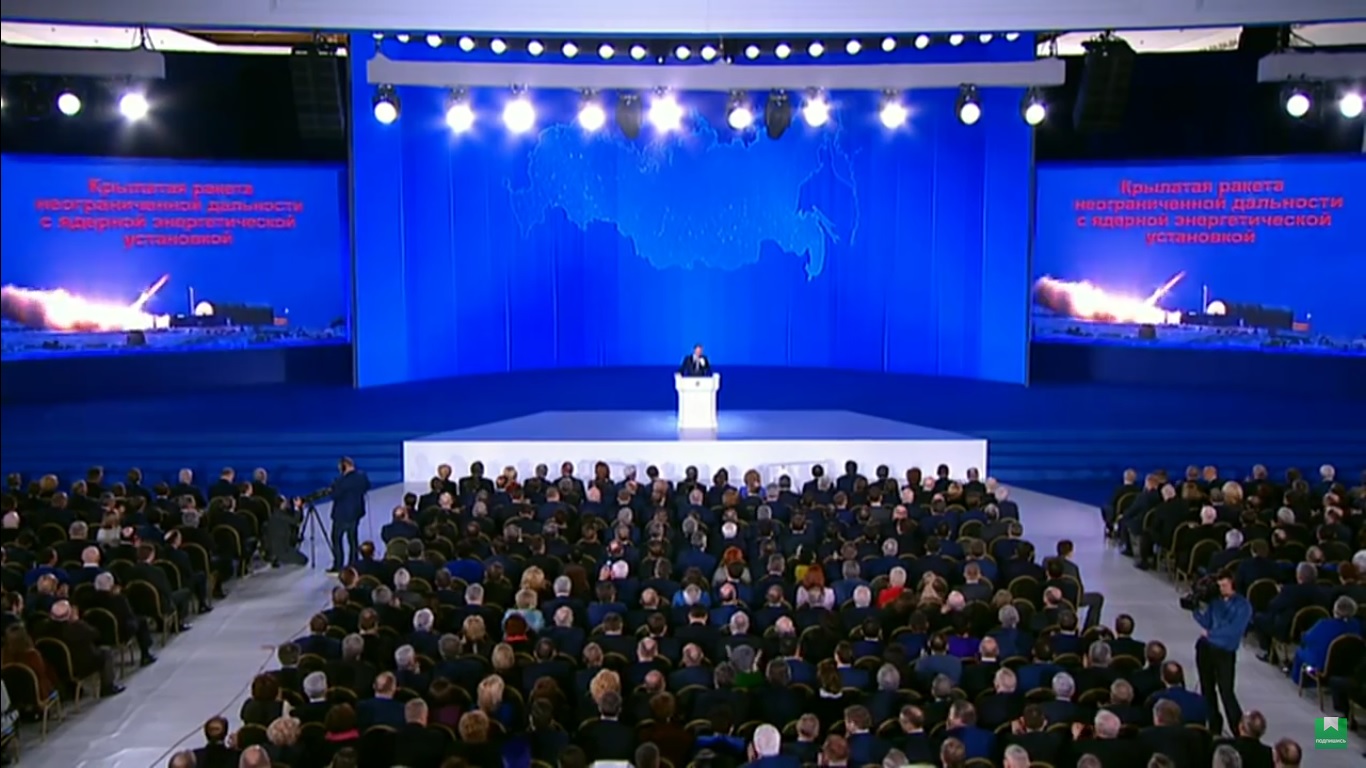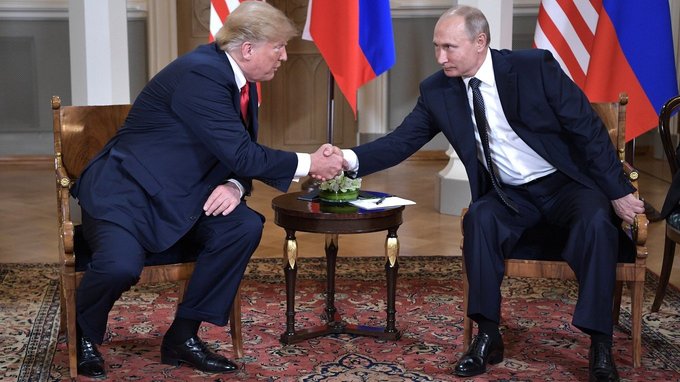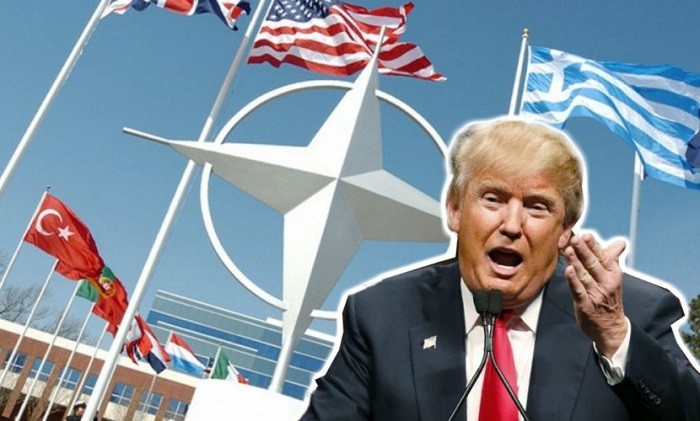Vladimir Putin has convinced himself that a third world war is inevitable and that to improve Russia’s chances he must do everything he can to weaken the West in general and the United States in particular, Vladimir Pastukhov says. As a result, no serious agreement with the Kremlin leader is possible.
As was clear at the Helsinki summit, the London-based Russian historian says, Donald Trump has “underrated Putin’s ambitions, aggressiveness and dislike for America” and instead behaved like a realtor “who wanted to sell an apartment at any price to good buyer.”
But Putin is not “a good buyer.” He is a leader with a very different vision and strategy, Pastukhov says. “It consists in the fact that Putin does not need America: he does not seriously believe that it is possible to reach an agreement with America” because Russia doesn’t control the situation and that is the only basis he is prepared to accept for any agreement.
Moreover, the historian continues, “I am not certain that he needs Trump either.” Certainly, at Helsinki, Putin behaved toward Trump in a way that can only be described as “trolling,” something that threatens Trump at home but introduces new and hitherto “unthinkable complexities into America’s domestic life.”
Before Helsinki, the London-based analyst says, he thought the chances of impeachment were “no more than 20 percent.” Now, they may be as high as 40 given that Americans are now talking about Trump’s behavior as treasonous, something that few were doing only two weeks ago.
“Trump also understands this,” Pastukhov says; and it is for this reason that he wants to invite Putin for meeting in November” when “he will prepare himself as a genuine realtor for revenge. I therefore am not certain that Putin will or should go there because obviously that is what Trump wants.”
Trump needs to take revenge before the midterm elections and upstaging Putin would be just the way to do that. In the absence of such a second summit, the president’s party could lose big in that voting and Trump could face a Congress far more ready to impeach him than is the current one.
And as a result, the Kremlin leader “considers that Russia has one goal – to disorganize the West to the maximum degree possible” so that Russia can build up its strength. “By disorganizing America, he is weakening Trump and forcing him to constantly twist and turn,” thus preventing Washington from having any consistent and consolidated policy.
Moreover, Putin understands better than almost anyone else the power of bluff. He knows that the USSR collapsed because Ronald Reagan talked about a Star Wars system he did not yet have in order to force the Soviet leaders to spend money they did not have so as to be able to counter it.
Putin’s strength, the historian says, is that he thinks in longer term ways than do his opponents and that he is “the heir of a great empire,” one that can be described as a “unique” one because of the enormous resources under its control and that will seek its revenge in a massive way.
According to Pastukhov, “the West committed a colossal mistake in the 1990s and early 2000s when it gave the impression that this problem does not exist. It exists and how! And Putin is the heir of all this.” But in addition to that background, Putin has another source of strength that must be acknowledged.
Unlike many others, he really is a leader “who has been able to group around himself an elite and transform it into a real pack.” As long as he has the resources and this support group, he will remain a dangerous player with whom no one will be able to reach a serious agreement except on his terms.
Read More:
- Trump has done more than collude with Putin: he’s helped Kremlin leader destroy post-1945 world
- To rule Russia, Putin doesn’t need mass murders: he has TV, Khersonsky says
- Putin and Trump aren’t conservatives: they’re reactionaries, Golts says
- Three pieces of very bad economic news for Putin
- Stalin frequently modified Russia’s borders, adding and subtracting territory, Butakov says
- Russia is preparing a “loyal opposition”
- Kremlin-linked Russian commentators step up calls for ‘destruction’ of Ukraine
- Trump’s summit with Putin constitutes an ‘unprecedented act of betrayal,’ Eidman says





